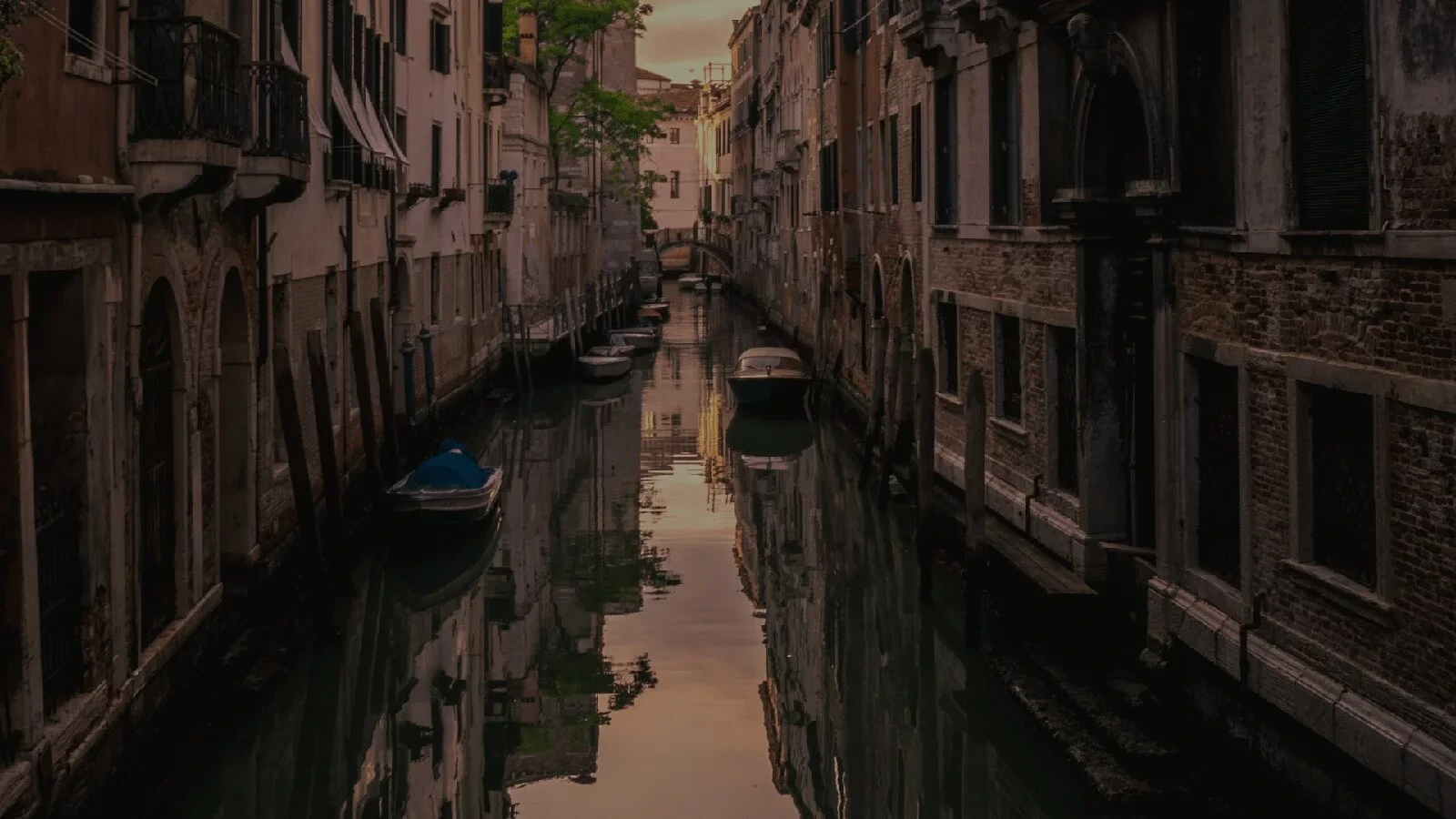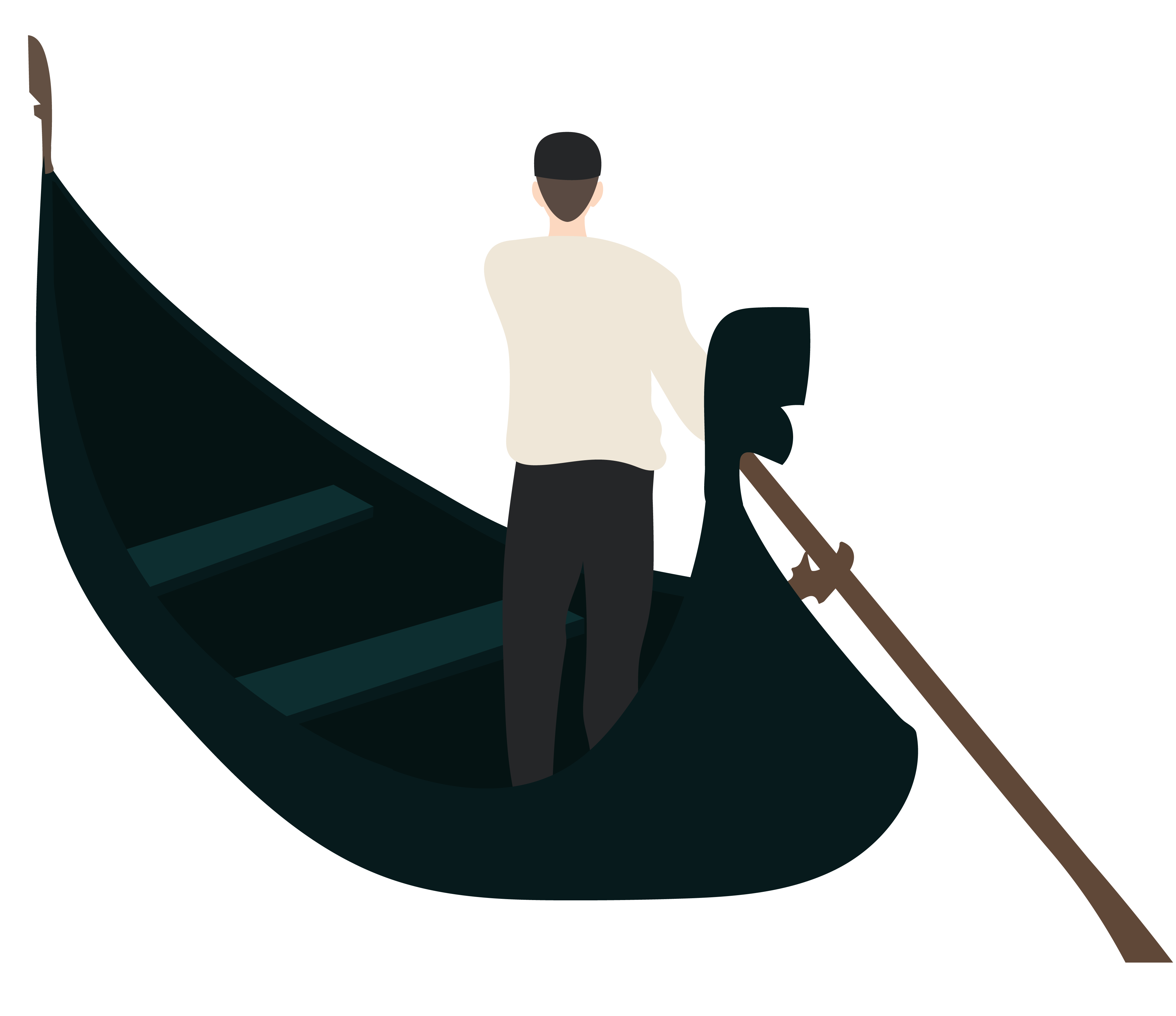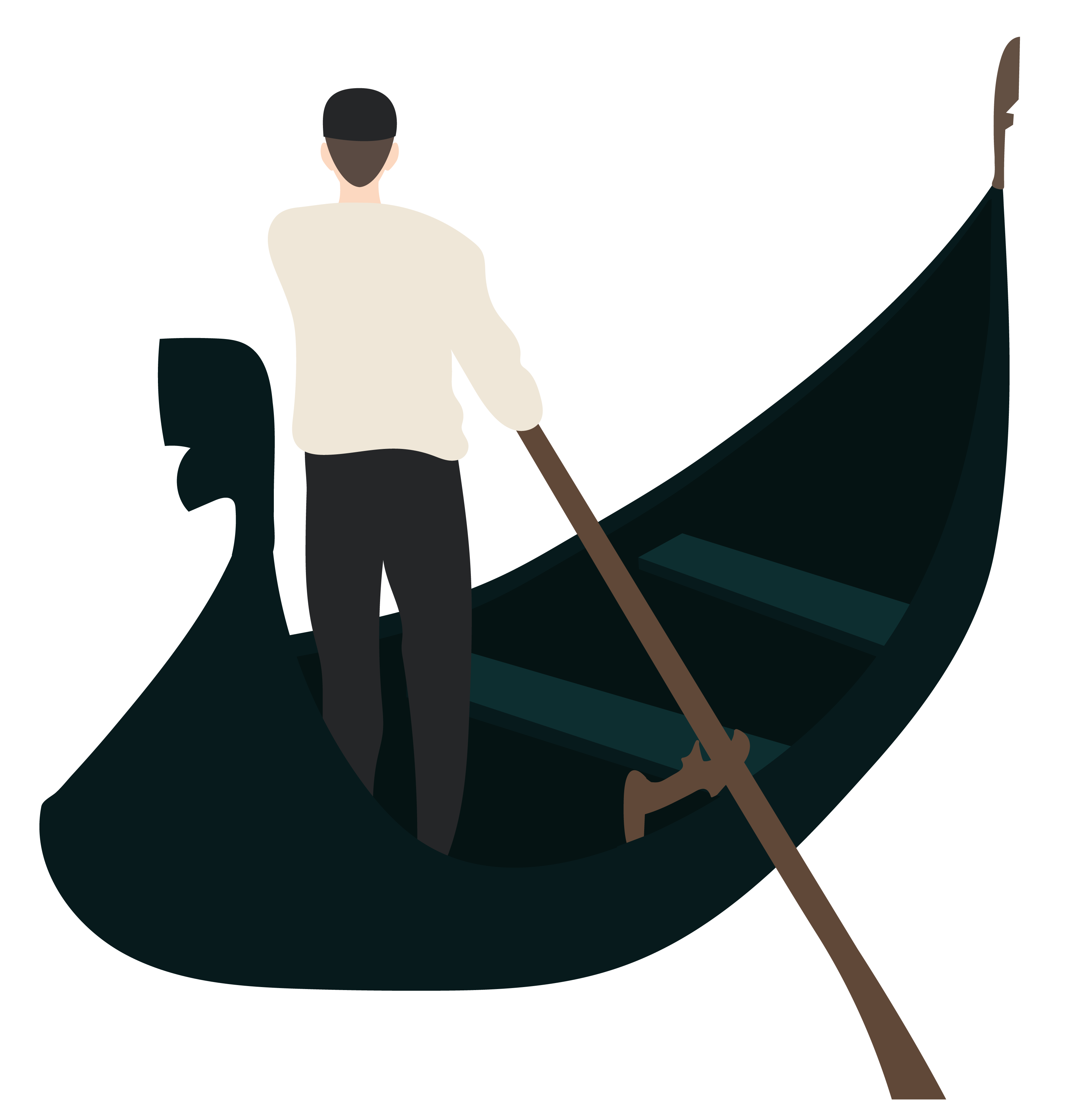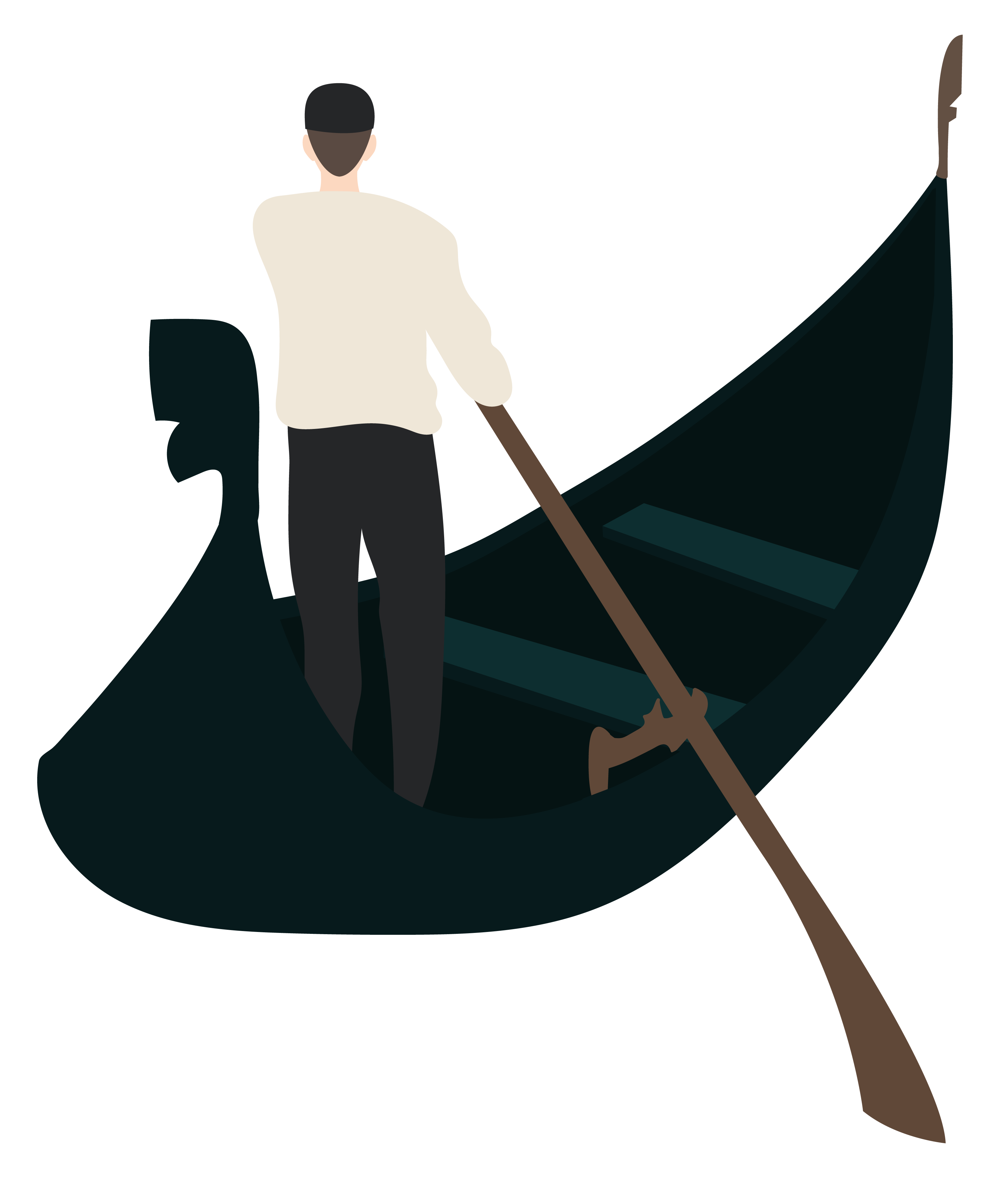Venice needs a thriving local community, healthy environment and living lagoon. But these are under threat. Changes in tourist attitudes and behaviors combined with better government policy can turn things around. Otherwise, Venice will continue to suffer depopulation, weakening culture, degradation of its heritage and destruction of its uniquely fragile environment
Action 1: Support Community-building accommodation – choose alternatives to Airnbnb
Help restore living space to the Venetian residential community that has been denied to it by overuse of „sharing“ offers e.g. Airbnb Booking.com etc., which push up prices for residential housing. Opt for hostels, hotels, especially small, family-run places, and pro-community sharing services such as Fair BnB coop If unavailable, encourage landlords to offer their property through this service.
Action 2: Walk and use public transport – reduce environmental damage
Reduce noise and air pollution and erosion of the lagoon and the foundations of ancient buildings by not using private water taxis for normal sightseeing, except if disabled. Walk, or use the water bus. Limit your environmental impact.
Action 3: Use small eco-friendly cruise ships — help to exclude large ships from Venice
If you come to Venice on a cruise, choose one of the new generation of cleaner, maneuverable vessels. Cruise ships (especially older models and those over 40,000 tons) entering the Venetian lagoon by any route cause extremely high levels of erosion and air pollution. The unsightly giants pass too close to monuments, causing collisions that could be catastrophic.
Action 4: Visit for more than a day — spread the demand and slow down
Day trippers on eat-and-run visits of a few hours cause the lion’s share of damage with their rapid movement and excessive demands on “must sees”. Slow down, take your time, go to the many worthwhile sights beyond the “must sees”, stay overnight, if possible. Observe the responsible behaviour guidelines.
Action 5: Act like you are in someone’s home — be courteous beyond the basic rules
Venice is not a resort or an attraction. People live there. Do not block bridge steps or narrow streets. Venetians need to get to places, to work or school. Residents need quiet. They are your flat-sharing neighbors and need to get up early in the morning. Observe the domestic rules (such as on refuse disposal). Respect others’ privacy in churches or cemeteries
Action 6: Support the local economy – patronize artisans, local shops and services.
Buying locally supports the community. Seek out the local and independent shops and eating places. Local artisans and traditional outlets are part of Venice’s cultural heritage. Hire a guide locally and visit the lagoon.
Action 7: Promote political reform – share and sign up to the tourist movement below.
Share these actions with others. Join our mailing list. In future, Venetian citizens’ groups, such as the signatories to this manifesto, may need your help in promoting change. The Ad Hoc Committee of Tourists for Venice, creators of this manifesto will alert yout to any actions by these groups where tourist support would be invited .
CONCLUSION
“Tourism is often perceived as a threat to conservation of World Heritage. In fact, tourism is a platform and a vehicle for presenting heritage to the public, conserving it and guaranteeing its economic and social viability. Hence, tourism is in most cases a balancing mechanism that keeps and protects the heritage itself.” Our World Heritage
Activist tourists can make a difference through the above actions, and if you are willing to sign up or share the actions, you are the kind of tourists Venice needs and wants. The complex issues faced by Venice need solutions forced by the Venetians themselves but tourists who come together as a movement can be critical supporters of change. Saving Venice, involves change. In the short term, those who have benefited from inadequately regulated industries, such as property rentals, taxi transport, cruise businesses and some retail, may face difficult adjustments. Economic diversification is needed to provide jobs and opportunities for them. New restrictions on tourist visits to Venice, limiting numbers or adding charges to discourage overcrowding, are necessary. As tourists, we need to do more than support such regulations for the sake of Venice. Responsible, activist tourists can help bring about necessary change.
WARUM?
Venedig braucht eine blühende städtische Gemeinschaft, eine gesunde Umwelt und eine lebendige Lagune, deren Existenz jetzt bedroht sind. Veränderungen in Einstellungen und Verhaltensweisen von Tourist*innen können, kombiniert mit besserer Lokalpolitik, zu einer Wende führen. Ansonsten wird Venedig weiter geschädigt durch Entvölkerung, kulturelle Schwächung und geringere Wertschätzung des kulturellen Erbes und die Zerstörung seiner einzigartigen gefährdeten Umwelt.
SIE KÖNNEN DAS ÄNDERN. UND ZWAR SO:
1: Unterstützen Sie Beherbergungsformen, die der Stadt nützen - insbesondere durch Mitwohnen
Entscheiden Sie sich für Jugendherbergen, kleine, familiengeführte Hotels und B&Bs oder Mitwohnangebote von Einheimischen, die nicht mehr als eine Immobilie oder ihr eigenes Zuhause für nicht mehr als 90 Tage pro Jahr vermieten. Solche Angebote finden Sie beim kommuneorientieren Service Fair Bnb coop. Fragen Sie ihre*n Vermieter*in ggfs., ob er auf diesem Wege vermieten kann. Das bisher übliche Mitwohnen wie z. B. über Airbnb, entzieht den Einwohner*innen das Wohnungsangebot, überhöht die Mietpreise und führt zu weiterer Entvölkerung.
2: Gehen Sie zu Fuss und benützen Sie die öffentlichen Verkehrsmittel - mindern Sie Umweltschäden.
Venedig ist die Stadt par excellence für Fußgänger*innen. Stadtbesichtigung zu Fuss reduziert den Lärm, die Luftverschmutzung und die Erosion der Lagune. Wenn nötig, nutzen Sie Wasserbusse. Wenn Sie private Wassertaxis nutzen, dann nur lizensierte. Bestehen Sie auf penibler Einhaltung der Geschwindigkeitsbegrenzungen, um die Erosion an der Fundamente der historischen Gebäude zu reduzieren.
3: Benutzen Sie kleine, umweltfreundlichere Kreuzfahrtschiffe - helfen Sie mit, große Schiffe aus der Lagune zu verbannen.
Wenn sie mit einem Kreuzfahrtschiff nach Venedig kommen oder von hier starten, wählen Sie eines aus der neuen Generation sauberer und wendigerer Schiffe. Kreuzfahrtschiffe (besonders ältere Modelle und größer als 40.000 Tonnen) verursachen in extrem hohem Maß Erosion und Luftverschmutzung, egal, welchen Weg sie durch die venezianischen Lagunen nehmen. Die hässlichen Riesen kommen zu nah an Ufer und Gebäude und riskieren Kollisionen, die zu Katastrophen führen könnten.
4: Kommen Sie länger als einen Tag - planen Sie Ihren Besuch gut und nehmen Sie sich Zeit.
Tagesbesucher*innen auf ex-und-hopp Touren verursachen mit ihrer Schnelligkeit und mit maßlosen Forderungen, Sehenswürdigkeiten abzuhaken, den Löwenanteil der Schäden. Muße! Nehmen Sie sich die Zeit, über die bekannten Pflichtbesuche hinauszugehen, bleiben Sie über Nacht wenn irgend möglich.
5: Verhalten Sie sich als machten Sie einen privaten Besuch - seien Sie höflich über die erwünschte Etikette hinaus.
Venedig ist kein Urlaubsort oder eine Touristenattraktion. Hier leben Menschen. Versperren Sie keine Brücken, bummeln Sie nicht in engen Gassen. Venezianer*innen sind auf dem Weg zum Arbeitsplatz, zur Schule oder zu Terminen. Die Einheimischen brauchen Ruhe. Sie sind Ihre Wohnungsnachbarn und müssen morgens früh aufstehen. Beachten Sie die Hausregeln (wie z. B. die Mülltrennung und -abholung). Zeigen Sie Ihren persönlichen Respekt in Kirchen oder auf Friedhöfen.Befolgen Sie die Vorschläge zu angemessenem Verhalten.
6: Unterstützen Sie das örtliche Geschäftsleben - fördern Sie Kunsthandwerker, einheimische Geschäfte und Dienstleistungen.
Der Kauf lokaler Produkte unterstützt die Stadt. Spüren Sie lokale Kunsthandwerker*innen und typische Gaststätten auf. Lokale Handwerker*innen und traditionelle Märkte sind Teil des venezianischen Kulturerbes. Engagieren sie örtliche Stadtführer*innen und besuchen Sie die Lagune. Örtlicher Konsum stärkt die örtliche Wirtschaft.
7: Treiben Sie politische Reformen mit voran - tragen Sie sich als Unterstützer*in des Tourist movement for Venice ein.
Teilen Sie diese Vorschläge mit anderen. Tragen Sie sich in unsere Mailing Liste ein. Vielleicht wünschen sich künftig venezianische Bürgerinitiativen, wie die Unterzeichneten dieses Manifests, ihre Unterstützung bei der Verbreitung ihrer Anliegen. Let Venice Live, Autoren dieses Manifests, werden Sie aufrufen, wenn zu Gruppenaktionen die Beteiligung von Tourist*innen erwünscht ist.
FOLGERUNG
Engagierte Tourist*innen können die Dinge beeinflussen. Wenn Sie die genannten Vorschläge umsetzen, sich uns anschließen und unsere Aktivitäten weiter verbreiten, sind Sie die Touristin, der Tourist, die/den Venedig braucht und wünscht.
CONCLUSION
“Tourism is often perceived as a threat to conservation of World Heritage. In fact, tourism is a platform and a vehicle for presenting heritage to the public, conserving it and guaranteeing its economic and social viability. Hence, tourism is in most cases a balancing mechanism that keeps and protects the heritage itself.” Our World Heritage
Activist tourists can make a difference through the above actions, and if you are willing to sign up or share the actions, you are the kind of tourists Venice needs and wants. The complex issues faced by Venice need solutions forced by the Venetians themselves but tourists who come together as a movement can be critical supporters of change. Saving Venice, involves change. In the short term, those who have benefited from inadequately regulated industries, such as property rentals, taxi transport, cruise businesses and some retail, may face difficult adjustments. Economic diversification is needed to provide jobs and opportunities for them. New restrictions on tourist visits to Venice, limiting numbers or adding charges to discourage overcrowding, are necessary. As tourists, we need to do more than support such regulations for the sake of Venice. Responsible, activist tourists can help bring about necessary change.







